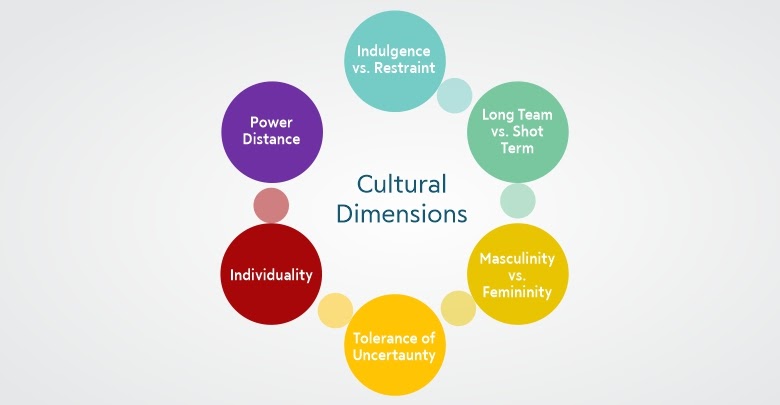Show a willingness and ability to look at culture, identity and related aspects
Show a willingness and ability to look at culture, identity and related aspects and dimensions from different perspectives
-

Seven Dimensions of Culture
Ever wonder why 2 people can have completely different reactions to the same thing? Or why some people just don’t seem to “see sense” in the same way you do, regardless of how obvious the problem/solution may be to you? The answer to this may lie in the fact that each person has been raised with and learned a certain…
Read More » -

I am ready to confront and be confronted when I…
Why did I choose this tool? This tool is useful to assess how ready we are to confront and be confronted. If you find that any of these statements don’t yet apply to you, you can begin to focus on that area and strengthen it further so that confronting or being confronted when necessary is not something that you run…
Read More » -

Understanding power in relationships
Why did I choose this tool? This tool provides not only the theory behind the use of power in communication, transactional analysis, but also an actual transaction that we can analyze in order to understand the theory better. Therefore, it is useful for understanding the theory as well as being able to apply it. How does this apply to being…
Read More » -

The iPhone culture
Why did I choose this tool? I have seen firsthand the clashes and intensity that can ensue between people who embrace different “cultures” (iPhone vs. android, pc gamers vs. console gamers, Pepsi drinkers vs. cola drinkers, etc.) Based on this I have made the connection between these kinds of clashes and the clash of different and seemingly opposing cultures on…
Read More » -

The Iceberg Model
Why did I choose this tool? The iceberg model, as well as the 10 cultural dimensions profile, are useful tools for reflecting on our own culture and automatic behaviors, and reflecting on that of others. How does this apply to being a trainer? The ability to see beyond the surface and to understand others more in depth is essential in…
Read More » -

Othering and overpowering
Why did I choose this tool? While there is a lot of material about otherism, where it comes from, its political function, why is it historically relevant and what negative effects we see because of it, there is less directly addressing how we can fight otherism. And more importantly how we can do this not as governments, institutions or even…
Read More » -

I am ready to confront and be confronted when I…
Why did I choose this tool? This tool is useful to assess how ready we are to confront and be confronted. If you find that any of these statements don’t yet apply to you, you can begin to focus on that area and strengthen it further so that confronting or being confronted when necessary is not something that you run…
Read More » -

How to win the fight against extremism
Why did I choose this tool? While there is a lot of talk about extremism and how to fight against it, there is less discussion about why more and more people are turning to it in the first place and how it can be prevented from its root cause rather than by fighting off the symptoms. How does this apply…
Read More » -

Hofstede’s cultural dimensions
Why did I choose this tool? Because Hofstede’s work is considered to be so important in the field of culture and intercultural studies, I felt it should be included in the intercultural competence. However, I also look at it critically and can think of situations where this model could be very helpful, as well as situations where it wouldn’t be…
Read More » -

Dimensions of Power
Why did I choose this tool? I chose this tool not only because it breaks down the different dimensions of power, but also because it focuses on a kind of power that is often ignored and that I am fascinated by and have been studying and observing for a few years now. It is the third kind of power, the…
Read More »